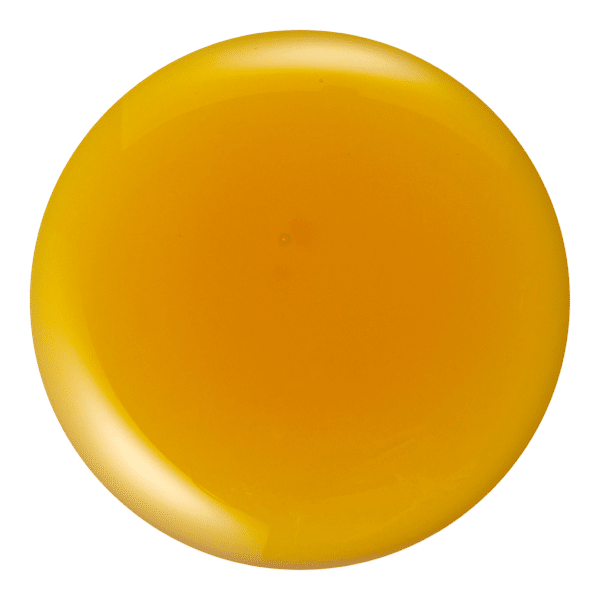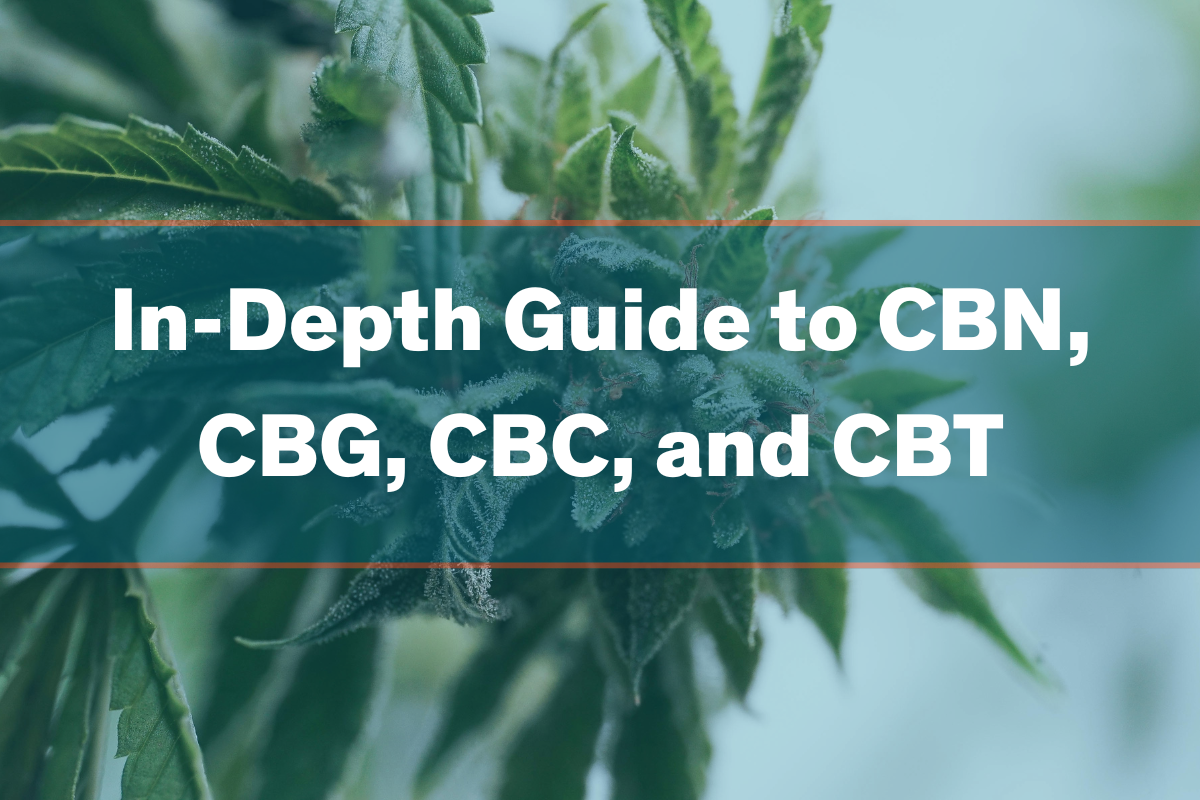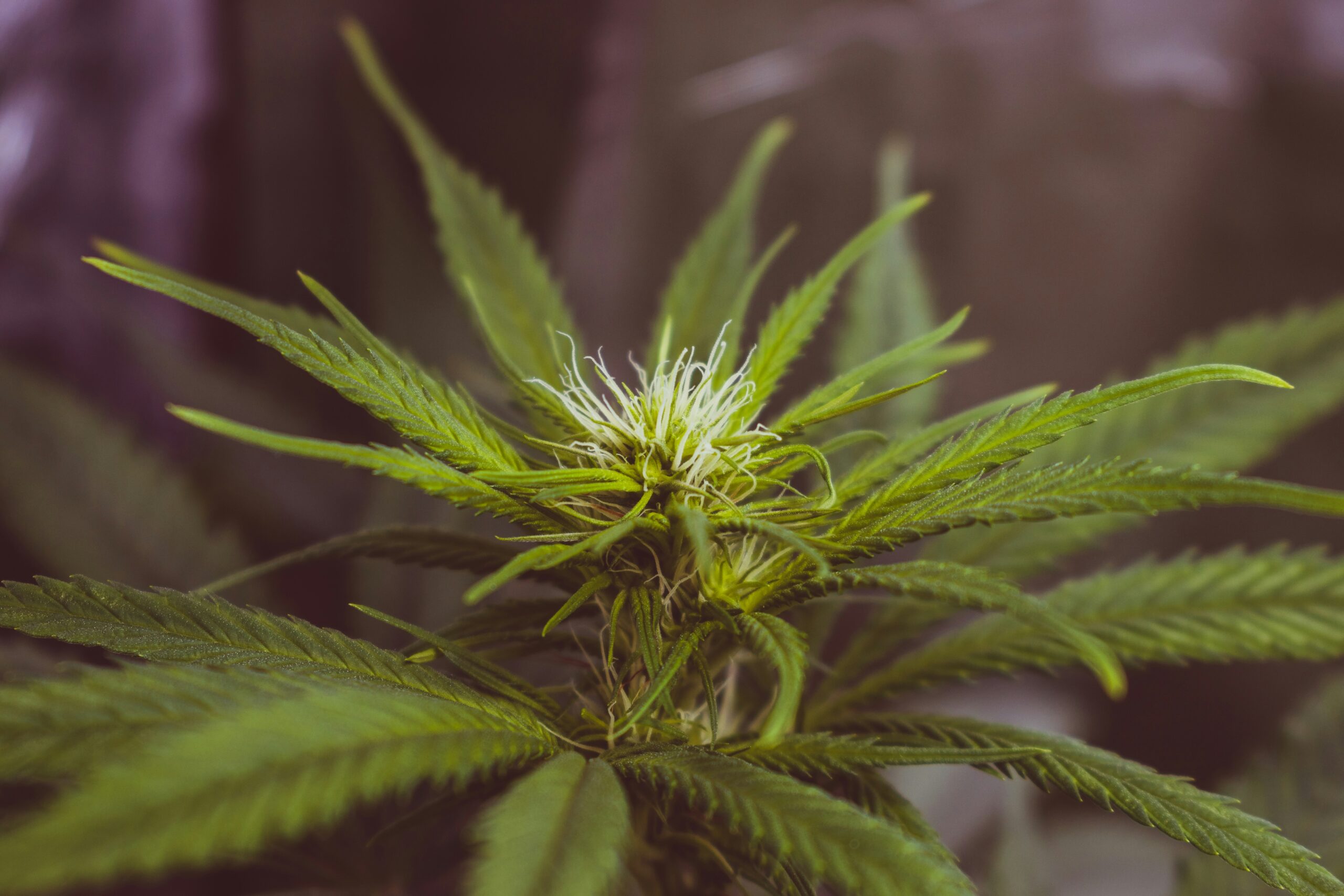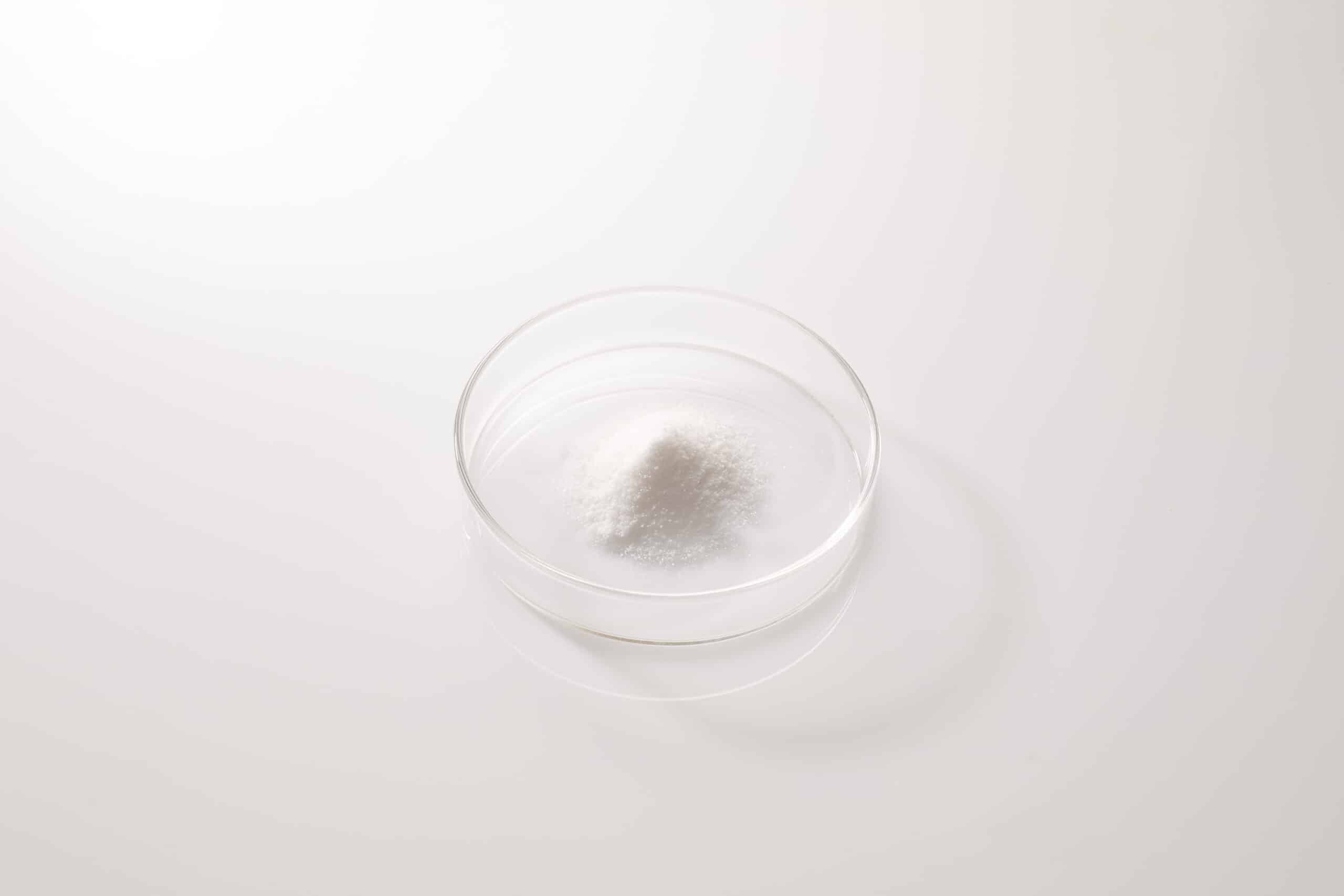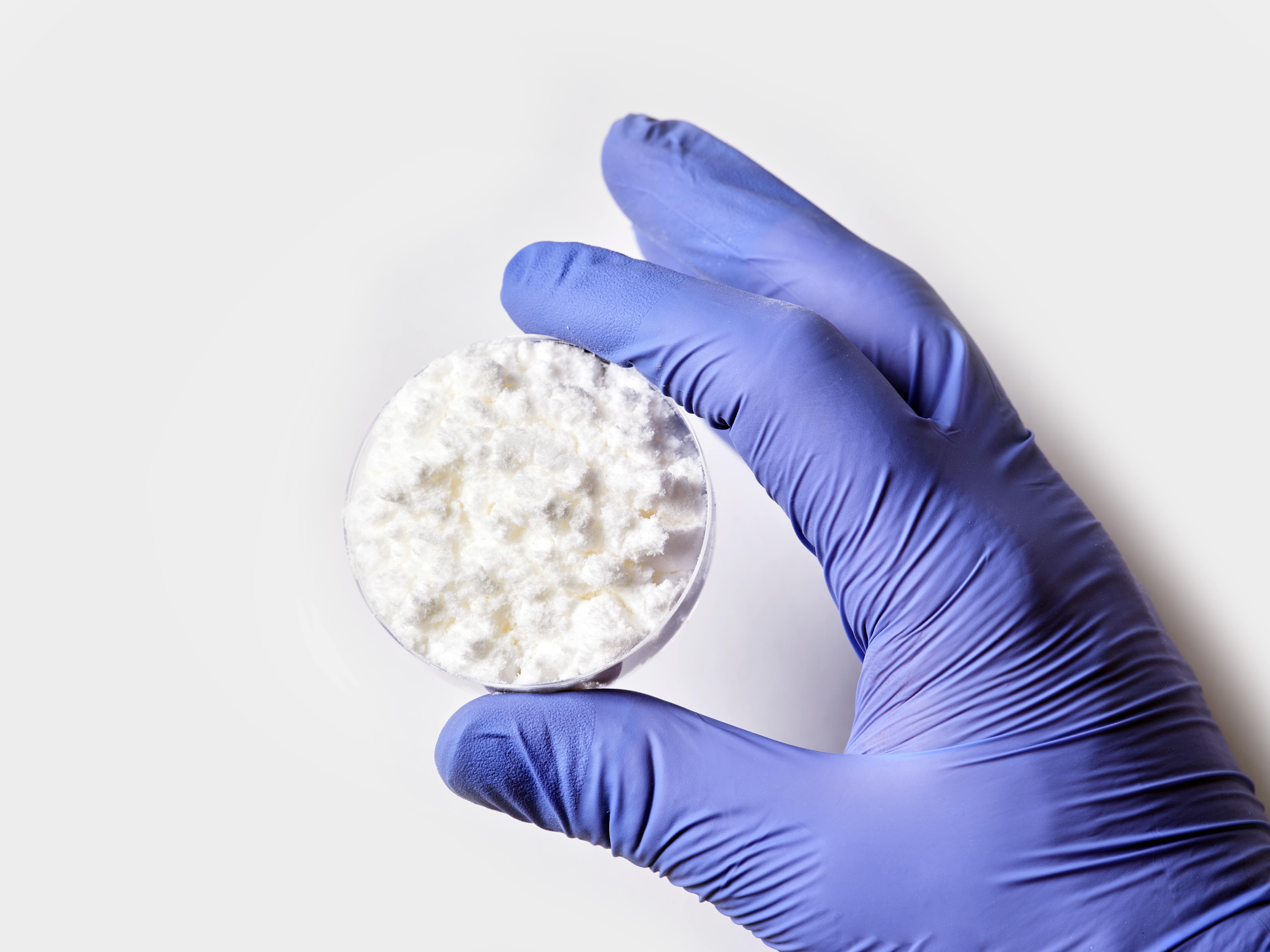The CBD industry has expanded in many ways over the last decade. Thousands of times more people use CBD now than they did in the early 2010s, for instance, but the CBD market has also seen a massive expansion in the types of products offered.
During the early days of the industry, even CBD lip balms were viewed with skepticism. Now, the average person doesn’t have a problem with CBD being in drinks you can buy at a grocery store. Over the last few years, beverages have been touted as the next major pivot of the CBD industry, citing interest from major beverage producers and the recent uptick in CBD beer sales.
Recent data from Hemp Industry Daily
For insights into this microcosm of the CBD industry, we turn to data provided by Hemp Industry Daily¹ for the year ending in March 2021. As the country neared the end of the pandemic, Hemp Industry Daily took a close look at the performance of CBD beverages in grocery stores and convenience stores.
Despite being the anchor for CBD’s entry into many grocery stores, CBD beverages had failed to deliver expected sales volumes in brick-and-mortar environments, a result that initially proved difficult to understand. By providing ample data and analysis, Hemp Industry Daily was able to shed light on the reasons behind the slow growth of CBD beverages in convenience and grocery environments and provide actionable insights going forward. Let’s take a closer look:
Consumers moved online during the pandemic
Hemp Industry Daily interviewed Rick Maturo, a cannabis specialist at legendary polling firm Nielsen, for further insights into this considerable shift in CBD beverage buying behavior. According to Maturo, “the pandemic has reinforced online CBD buyers’ behaviors” and has pushed CBD consumers online due to increased convenience and safety.
Just as CBD beverages were catching on in grocery stores and convenience stores, the pandemic arrived, shifting sales online. With retail shopping behaviors essentially normalizing post-pandemic, it would be reasonable to expect a similar uptick in CBD beverage sales as long as brands offer products that fit the needs of consumers.
CBD sparkling water is the most popular
There’s still a lot we can learn about CBD beverage sales in 2021 to properly prepare for the future’s needs. It’s important to note, for instance, that CBD sparkling water products made up 57% of total retail CBD beverage sales in 2021, suggesting that brands should lean heavily into this particular product type.
Followed by conventional water and tea
Conventional or non-sparkling CBD water products contributed 18% to overall CBD beverage sales, indicating enduring consumer interest in this product category. Packaged and ready-to-drink CBD teas were also reasonably popular (13%), suggesting that these three product types (sparkling water, bottled water, and bottled teas) should take up the majority of the focus of CBD manufacturers investing in beverages.
25mg products are the most popular
Consumers have voted with their dollars to tell brands exactly which dose of CBD they prefer in beverages. These days, it’s not ideal to include less than 10mg of CBD in a conventional 12oz beverage can, and most consumers want even more CBD in their drinks.
While 50mg CBD drinks might be more potent than most users would like, a 25mg dosage appears to hit the sweet spot. If you want to provide exactly what CBD retail consumers want, focus on sparkling CBD water products that contain 25mg CBD each.
Sales contribution of CBD beverage products by milligram:
– <10mg: 16%
– 10mg: 12%
– 20mg: 7%
– 25mg: 64%
– Other: 1%
Consumers want a wider array of products to choose from
One refrain that consistently came up in Hemp Industry Daily’s reporting is that retail consumers want to be able to access a wider array of CBD products at their local grocery and convenience stores. In most cases, retailers only stock 1-2 different CBD beverage products, and if those products aren’t to a consumer’s liking, they’ll simply take their business online.
Ideally, convenience stores should offer at least 3-5 different CBD beverages, and grocery stores should have 6-10 options to choose from at the minimum. Any less, and consumers won’t have the patience to settle for the selection in front of them and will contribute to the trend of shopping for CBD online.
CBD beverages aren’t going away
It’s important to stay focused on the bigger picture. According to Nielsen’s Maturo, CBD beverages are still expected to make up 19% of total CBD sales by 2025, contributing nearly $1.3 billion to the domestic hemp market.
The important takeaway is that it’s time for manufacturers to reconfigure their approach to retailing CBD drinks in anticipation of a massive coming upsurge in popularity. It’s not that CBD beverages have no potential in grocery stores but that brands have so-far failed to nail down the CBD drinks consumers want and stores have failed to stock adequate variety.
Further analysis from 360 Market Updates
To better contextualize how the slow growth of CBD beverages in brick-and-mortar environments actually foretells great promise within this sector, we turn to recent analysis provided by market research firm 360 Market Updates. According to the firm’s 2022 report on the CBD beverages market², this subsector of the hemp industry is expected to grow by around 61% per year between now and 2026, swelling in size from $37 million in 2022 to $643 million in 2026.
The rising popularity of CBD beverages may mainly be growing under the surface for now, but this recent analysis predicts the dam will burst in the near future, leading to a renaissance of CBD beverage sales in brick-and-mortar environments. CBD itself had touch-and-go moments before it became a household name, and it’s common for any new product type to experience these growing pains during its first few years on the market.
While it’s true that the analysis conducted by 360 Market Updates differs slightly in its conclusions from the Hemp Industry Daily report, both predict massive growth in the future of the CBD beverage industry.
BevNet’s 2022 take
For further wide-angle data regarding the overall growth trajectory of the CBD beverage industry, let’s look at a recent report from BevNet, another notable market research firm. In its 2022 analysis of the CBD beverage industry³, BevNet reminds us that CBD beverages have been the fastest-growing CBD products since 2018 before moving on to note that 33% of CBD drink purchasers are self-described “stressed-out Millennials.”
Perhaps most notably, BevNet found that nearly half of CBD drink users were daily consumers, indicating a degree of regularity of use not commonly found in other CBD products. Unlike CBD tinctures, gummies, and other conventional oral products which last weeks or months, CBD drinks must be repurchased regularly, leading to greater brand loyalty.
With CBD drinks now staples in many grocery stores nationwide, the likelihood of CBD drink users becoming daily consumers will only grow. The convenience of being able to buy your weekly dose of CBD along with the rest of your shopping will only become more apparent as we return to a pre-pandemic, in-person economy.
Analysis
The most relevant continuing impediment to the success of the CBD beverage industry remains ongoing lack of federal regulatory clarification. In the waning days of 2020, it seemed a near certainty that overall federal cannabis reform was imminent, which would bring with it that further level of legitimization of the CBD industry necessary for major consumer packaged goods (CPG) manufacturers to get onboard.
With the pandemic, however, many functions of the federal government became incapacitated, and the hemp industry has become progressively more restive as month after month goes by with little meaningful change. It’s still likely that comprehensive clarification of CBD’s regulatory state remains upcoming, but there’s no longer reasonable confidence in any particular time frame.
Regardless, brands should continue offering the best products they can and proactively observing all possible compliance measures. That’s where working with an established bulk CBD producer can be advantageous — what grocery store and convenience store chains want is assurance that any CBD products they take on won’t increase their exposure to potential litigation.
The superior processes used by major CBD manufacturers can provide that assurance. Knowledge of how to properly produce water-soluble CBD extracts is also still something of a closely guarded industry secret, making it difficult to compete in the closely guarded retail CBD environment if your extract isn’t produced by a respected manufacturer.
What’s most important to keep in mind is that Nielsen still projects that CBD beverages will make up a considerable segment of the overall CBD economy within a few short years. Now, it’s only a matter of how we get there and which brands will end up on top once CBD beverages achieve widespread retail popularity.
To close on an uplifting note, we turn once more to Rick Maturo: “Unlike other hemp-CBD formats, beverages offer brands and retailers a multitude of innovative styles, flavors and functional benefits,” says Maturo, reminding manufacturers that these uniquely desirable features “are all built into a familiar, easy-to-use format.”
CBD beverage sales FAQs
Dive deeper into the world of CBD beverages in the FAQ section below:
1. Are CBD-infused drinks safe?
There’s no inherent reason that CBD-infused drinks should be any safer or more dangerous than any other type of CBD product. As far as ingestion methods go, there’s nothing about orally ingesting CBD in the form of a liquid that should cause concern. The process that makes CBD water-soluble does not change its chemical form, it just encapsulates it into a more easily dissolvable form.
2. What are the best CBD drinks?
The best CBD drinks feature CBD, water, and not much else. Overall, you’re better off without the sweeteners and artificial ingredients that are present in conventional ingredients — which are also present in CBD-infused drinks. Teas and sports drinks are usually okay, but watch out for sodas and other sugary beverages. They often contain artificial sweeteners and flavorings — whether they include CBD or not.
3. What are the pros and cons of CBD drinks?
Let’s break it down, starting with the pros:
– Convenient
– Recognizable product format
– Picked up by big box stores
– Low dose
– Low manufacturing cost
And now, the cons:
– Extra-low doses can lead shoppers to think their drinks are ineffective
– Sometimes contain low-quality or unnecessary ingredients
– CBD only stays suspended in water for around 90 days
4. How much CBD water should I drink?
Most CBD water beverages contain around 5-25mg CBD. Since the average dose of CBD is around 25-50mg, it would make sense to drink around 1-3 CBD drinks at a time. Make sure to look at the dosage before taking a sip, however, since dosage in CBD drinks varies considerably.
Sources
- 1. MJBizDaily. (n.d.). CBD beverage sales a struggle for major US retailers. Retrieved January 1, 2022, from https://hempindustrydaily.com/cbd-beverage-sales-a-struggle-for-major-us-retailers
- 3. Global Cbd Beverages Sales Market. 360 Market Updates. (n.d.). https://www.360marketupdates.com/global-cbd-beverages-sales-market-16615889
- 3. Caballero, M. (2022, April 2). Cool, Calm and Climbing: CBD Drinks Keep Growing, Despite Wait for Regulatory Clarity. BevNET.com. https://www.bevnet.com/magazine/issue/2022/cool-calm-and-climbing-cbd-drinks-keep-growing-despite-wait-for-regulatory-clarity/

